Virtually, no one contests the fact that cryptocurrencies have made a significant and long-lasting impact on the world of finance. To make it simpler to use, a type of additional solution that efficiently enhances its ecosystem is being developed. The existence of money implies that it must be kept at a designated place or solution. Due to the need for speedy and safe crypto transfers, the crypto wallet was created.
About crypto wallet
Crypto Wallet is an application that moves cryptocurrency or electronic payments among users of a particular blockchain system and executes smart contracts. It has similar storage options as an e-wallet but only for cryptocurrency. It is an application that safely maintains cryptocurrency within the storage and maintains a track record of trading (Acquiring, transferring or paying). The wallet also functions as a blockchain record-making facilitator and a validator.
Now that we are aware of what a wallet is, let’s examine a few types of cryptocurrency wallets that are currently on the market.
- Computer-based wallets: They let users store their cryptocurrency assets on their computers. These storage-related applications work with Linux and Windows as well as other operating systems.
- Hardware wallets: They let you store your digital currency on real-world objects that are connected to your computer via a USB port.
- Web-based or mobile Wallets: They enable users without even a computer to access their funds via the web or a digital wallet. With the help of a computer or a smartphone, they allow cryptocurrency owners to view and control their holdings from any location.
- Full Node Wallet: These allow you to maintain replicas of the private keys across the whole decentralized network and control your encryption information in a full node wallet.
When you embark on your journey to create your crypto wallet, consider the following 5 fundamentals:
#1 Safety Measures
Although virtual currency is not as risky as in its earlier days, it needs to be safeguarded as if it is a form of wealth. It’s vital to keep everything protected, and secured via authentications and two-factor verification, and to set up a reliable password retrieval procedure.
#2 Remote access
A non-custodial wallet is necessary for asynchronous accessibility to a cryptocurrency wallet. Additionally, a physical wallet, connected device, or cell phone must be used to keep a user’s information and credentials.
#3 Functionality for recognizing QR codes
When you create your crypto wallet, you can fortify it with features like QR codes and NFC tags. They enable touchless money transactions that have begun to take the place of actual card payments.
#4 Fundamentals of trade and exchange
As was already said, the majority of digital currencies have not yet achieved a stable value threshold. They will probably continue that way until they are widely accepted by customers, companies, and authorities.
Till then, a large portion of clients will probably use cryptocurrencies as traded assets instead of money. This makes it worthwhile to think about including buying and exchanging tools in the application.
#5 Linking with payment gateways
Lastly, you should think about linking your digital wallet with a payment processor. In contrast to choices that appear to restrict your cryptocurrency into an application, it can help legitimate the wallet and render it increasingly attractive.
Easy Steps in Building a Crypto Wallet:
Given below are the steps to be taken while you create your crypto wallet:
- Set up a wallet API to control entitlements.
- Create user credentials for the wallet and keep it private.
- Create a private key so that only you have accessibility to the money.
- Take an active part in outbound trades.
- Create a unique wallet address.
- Carefully analyze the graphical interface.
- Deposit some coins inside.
Conclusion
The crypto ecosystem cannot function without crypto wallets. As a result, developing cryptocurrency wallets presents numerous opportunities for modern crypto businesses.
If you have decided to create your crypto wallet, TinyBlock Technologies can help. We offer comprehensive services to build customized crypto wallets from the ground up.


